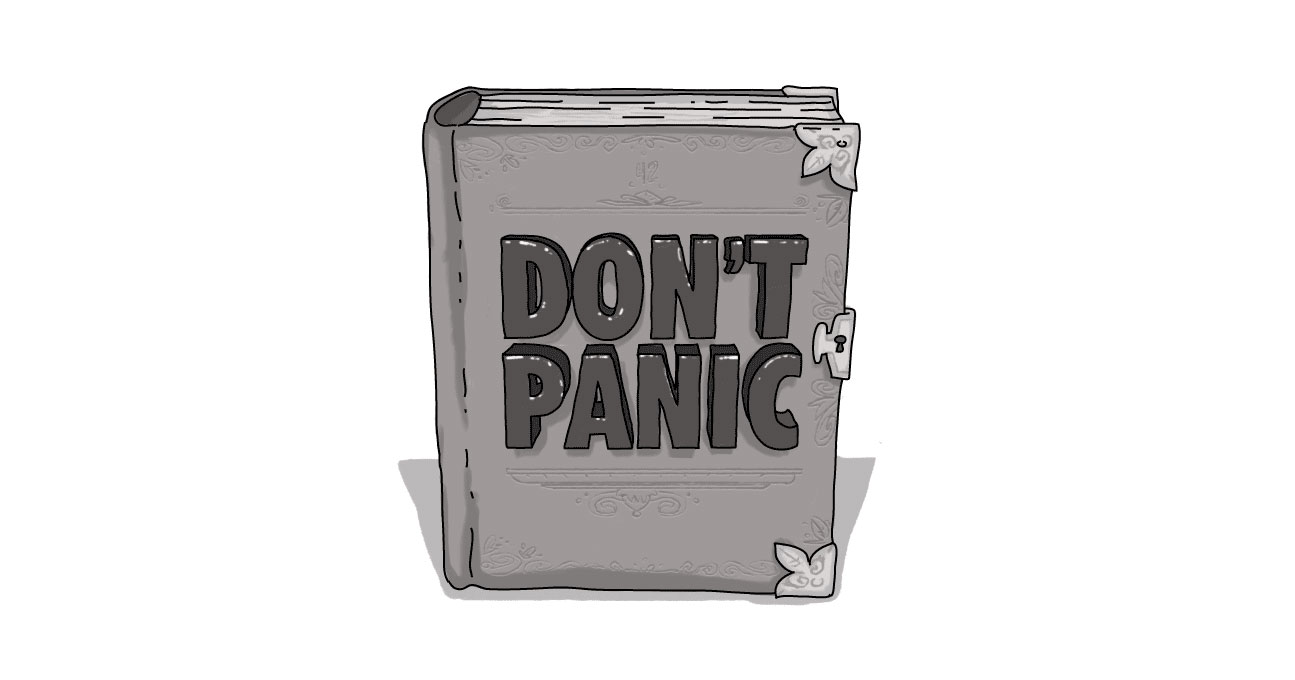A Day in the Life of a Digital Project Manager

Being a project manager is at times similar to being a parent, or so I am told. Picture this -- it’s Sunday night and you have three kids: one kid has a science project due tomorrow that he hasn’t started; another has soccer practice soon but can’t find her shoes; and the third is hungry (but doesn’t want the dinner you just finished cooking). The goal is to satisfy everyone’s needs until the glory that is launch (or bedtime).
Just like that parent, project managers must keep track of schedules, manage expectations, mitigate a variety of issues, and keep stakeholders with different needs on track. What this means in the digital world is having enough knowledge about the client and your developers’ processes to help each side, without getting in the way or assuming too much. Project managers must have enough paranoia to always have a backup plan and a borderline unhealthy obsession with lists and spreadsheets.
Discovery and user experience are part of the website design process, development is another part, but the thread that holds it all together is project management.
ALWAYS “ON”: ON-TIME, ON-BUDGET, ON-BRAND
As a project manager, I look at all the individual pieces and how they come together. While account managers are tasked with seeing the big picture and developers can get buried in the details, a project manager needs to keep everyone connected to determine the actual status of the project and whether or not it meets the client’s goals.
ON-TIME
It’s a project manager’s job to always be one step ahead. We keep an eye on the things that haven’t happened yet -- change requests, backup plans -- because we know that things rarely go according to the initial plan. As much as you want the project plan and schedule you created together at the start of the project to be set in stone, in reality things shift and the project needs to be able to shift with it instead of being derailed.
Project management is often underestimated as to how much time out of the project it is -- research often puts it at a minimum of 20 per cent of the core project. A lot of that is pulse-taking -- communication, touching base, and keeping an eye on the overall flow. Another large part of my role is documenting everything -- and getting other people to document their parts too -- to ensure that clarity and status lives somewhere other than just inside your brain.
It’s one thing to communicate, touch base, and go with the flow. It’s another to actually step back, take a breath, and look at the big picture. Despite it feeling counter-intuitive to slow down when you’re in that groove, check-pointing or gating your project helps a lot with reconciliation. You’ll often find problems -- and innovations -- become more clear if you take that step, though it does not mean you can stop the regular pulse-taking in between.
ON-BUDGET
Budgets are tricky no matter what business you’re in. For website development, scope-creep is something we actively have to fight against and address. Scope-creep can occur for several reasons. Most often creep occurs when new functionality or more complicated features are wanted by the client or there has been a misunderstanding of pre-defined site functionality goals.
As a PM, I frequently check in with clients to make sure their site design is meeting expectations. Sometimes that means being the voice of reason in a room of kids who want candy -- listen, not all new bells and whistles are relevant for your project.
ON-BRAND
Job descriptions for PMs often request ‘ability to manage multiple projects simultaneously’ but clients only really see their project when they look at you. Balancing their valid needs for their project with the fact that you're dealing with a handful of different clients that all are in the same situation is one of the more complex things about being a PM (and specifically an agency PM) that you don’t realize exists until you’re in it. Relationship building at the beginning will help you balance in weeks where you might have to step back from Project A to help Project B.
OVERALL VALUE
Organization isn’t for everyone, but project managers like me thrive on it. Just like those aforementioned parents, we make sure the science project is brilliant, the kid finds her shoes and gets to soccer on time, and the last kid eats dinner.
And if you love spreadsheets and communications as much as me, Echidna does have an opening right now, for a digital project manager! Check it out.
---
Did you enjoy this article? Get more just like it by signing up to receive Digital Echidna’s free e-newsletter, delivered to your inbox every month. Subscribe today.
What does a digital project manager do?
How do you keep a project organized?
Why should I hire a web development team?
SUBSCRIBE TO OUR E-NEWSLETTER
 Subscribe
Subscribe


